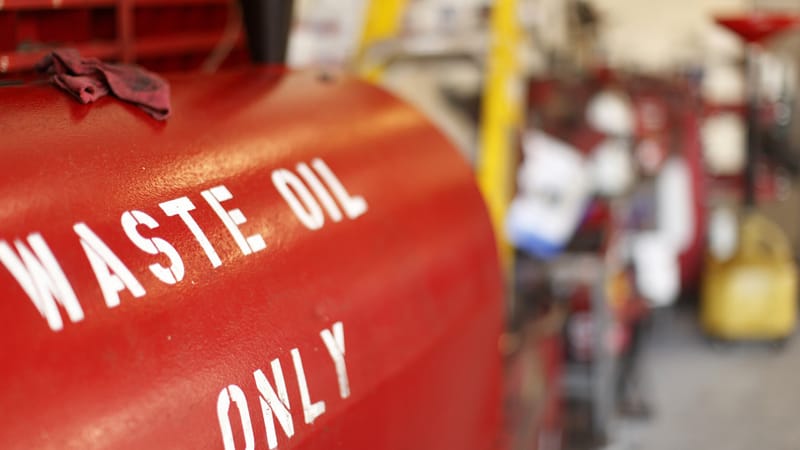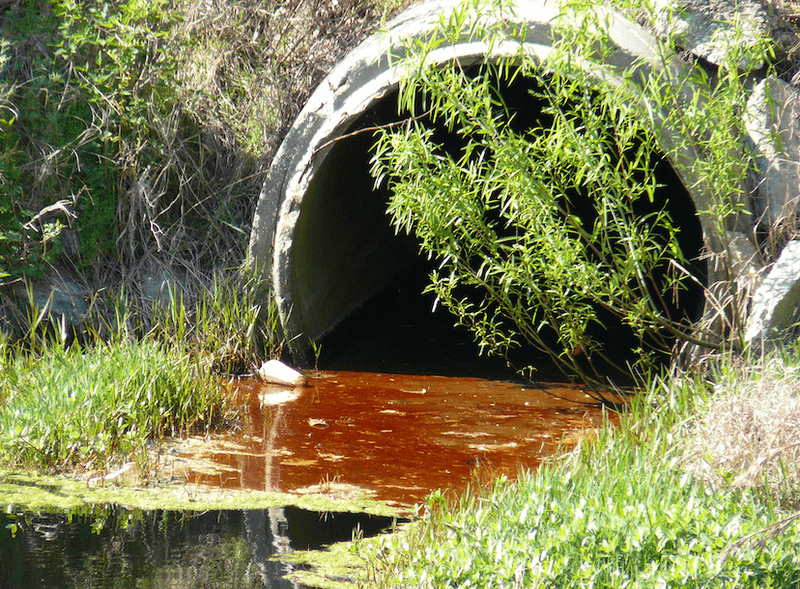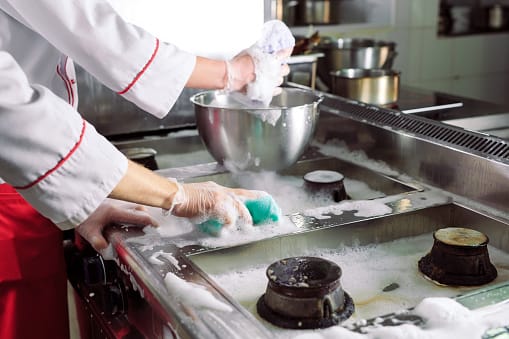Fats, Oils, and Grease Management: An All-Inclusive Handbook for Hotels and Restaurants
Introduction to FOGS:
More than just a greasy spoon issue, managing fats, oils, and grease (FOG) in dining establishments and lodging facilities is a global issue that calls for careful consideration and pre-emptive action. Every type of restaurant, from fine dining to fish and chip restaurants, has the potential to flush large amounts of fats, oils, and grease down the drain, endangering the environment and the business. We will explore the complexities of managing fats, oils, and grease in this extensive book, emphasising creative solutions, best practices, and the value of teamwork to ensure long-term and productive kitchen operations.

The Universal Challenge of Fats, Oils, and Grease Management
It might be tempting to think that only establishments serving deep-fried dishes face fats, oils, and grease management issues. However, the reality is that working with various foodstuffs, including cooking oils, meat, dairy, salad dressing, dough, and more, inevitably leads to the generation of grease. Whether you run a fine dining restaurant or a fish and chip shop, the potential for sending significant amounts of fats, oils, and grease down the drains is real and can have detrimental effects on the local sewerage system.
Knowing Where Fats, Oils, and Grease Come From
There are several ways that fats, oils, and grease can get into a building's plumbing system: through the cooking appliances, the areas where dishes are cleaned, the floor, and sanitary conditions on the equipment. It is imperative that business owners use a methodical and honest approach in order to stop fats, oils, and grease from negatively affecting the local sewer system. If you don't, local water authorities may fine you heavily, disrupt your business's operations, and cause rising costs and reputational harm.

Prevention is Key: Proper Disposal of Food Scraps
One of the most effective ways to control fats, oils, and grease is by preventing food scraps and solids from entering the drains in the first place. Leftover food combined with oil or grease can build up in drains over time, causing blockages and other plumbing issues. To mitigate this risk, work closely with your staff to ensure that all food scraps are scraped into dedicated bins before items are washed or cleaned. Implementing this simple yet effective practice can go a long way in preventing fats, oils, and grease-related problems and maintaining efficient kitchen operations.
Alternative Food Waste Disposal Solutions
If your kitchen uses a macerator or food disposal unit, it's essential to be aware that these systems can contribute to sewer blockages, especially when food waste combines with fats, oils, and grease. A more sustainable alternative for food waste disposal is bioremediation using bio-digesters. For instance, Mechline's Waste2O utilizes a blend of microorganisms to digest food waste and break down fats, oils, and grease, ensuring safe disposal without harming the environment.
Authorized Waste Oil Gathering: An Equitable Method
Another crucial component of managing fats, oils, and grease is the appropriate collection and disposal of waste oil. Make sure that all waste oil, including the liquid remaining in oven trays and fryers, is gathered into designated containers. It is strongly advised to work with a registered oil collector who can recycle the grease or get rid of it in an eco-friendly way by making biodiesel or electricity.
Establishing Efficient Systems for Handling Fats, Oils, and Grease
Although scraping garbage into containers and using caution when disposing of grease are necessary actions, they are insufficient to address the fats, oils, and grease problem entirely. To optimize the removal and treatment of fats, oils, and grease before it enters the drains and sewerage system, best practice calls for implementing a multi-layered approach in your kitchen.
Grease Catchers
British eateries have been using traditional grease traps for many years. Grease traps, which are made of plastic or metal, operate on the tenet that water and oil shouldn't interact. Wastewater exits the grease trap as oil rises to the top of it. Grease traps should, however, be utilized in conjunction with drain dosing for best results in order to lessen the frequency of necessary collections.
Grease Removal Units (GRUs):
Grease removal devices function as filters, slowing down wastewater flow so that grease, fats, and oils can separate from the water and rise to the top. Unlike grease traps, which require frequent removal and collection by professional waste collectors, GRUs extract fats, oils, and grease automatically or hydraulically and store them in a separate container.

Methods for Dosing Biological Drains
Biological dosing systems use bacteria to break down fats, oils, and grease particles in a process known as bioremediation. Unlike enzyme dosing, which emulsifies fats, oils, and grease, biological dosage breaks these compounds down into simpler components. These systems can be connected to the kitchen's wastewater plumbing and utilized alone or in conjunction with grease traps as part of a combined system.
Selecting the Appropriate Resolution for Your Enterprise
There is no one-size-fits-all approach to managing fats, oils, and grease. An assessment of the site can assist in identifying the best course of action for your company's unique requirements, guaranteeing that the solution selected is efficient, economical, odorless, hygienic, and easy to maintain. Recall that difficult-to-maintain items are less likely to be maintained, which can lead to serious problems in your kitchen and take your staff's focus away from providing mouthwatering meals.
In summary
In restaurants and hotels, handling fats, oils, and grease is a difficult but necessary activity that calls for advance planning, the application of best practices, and teamwork with professionals in the field. Establishments can successfully navigate the challenges associated with fats, oils, and grease and contribute to a cleaner, healthier, and more sustainable environment by understanding the sources of fats, oils, and grease, preventing food scraps in drains, investigating alternative food waste disposal solutions, working with licensed waste oil collectors, and implementing efficient fats, oils, and grease management systems.
Recall that grease, oils, and fats are common issues in the catering sector, irrespective of the cuisine or brand of your business. To preserve effective and hygienic kitchen operations, adhere to legal requirements, prevent fines, and safeguard the environment, it is imperative to understand the correct disposal of fats, oils, and grease. To protect your company, staff, clients, and the environment, act now and make an investment in fats, oils, and grease management solutions!